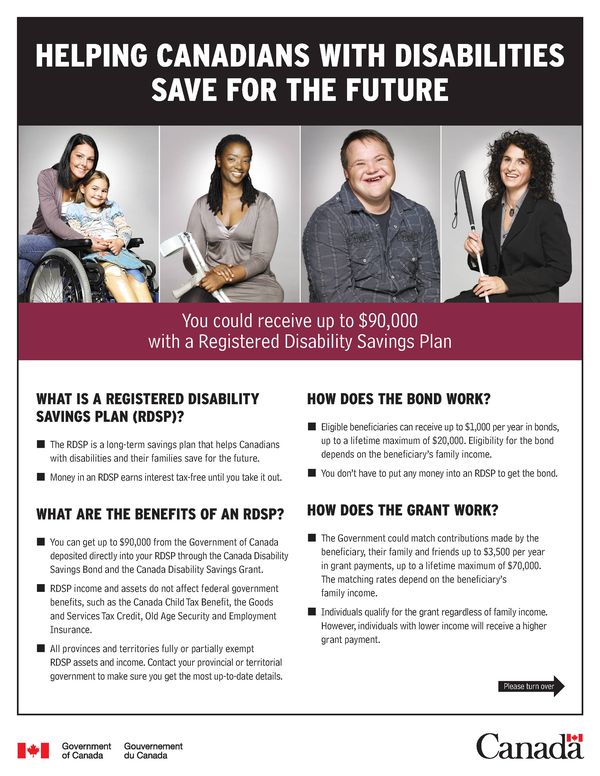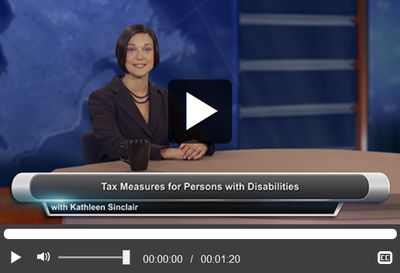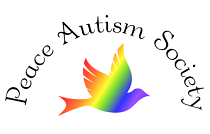January 2017 Edition
New Year’s Resolutions?
-
It’s OK not to be involved in everything that you feel you should be. Because of Conor’s ASD I feel like I need to be involved in every committee and activity, but in reality it’s just too overwhelming, and is simply not possible.
-
Stop feeling like Conor has to be busy all the time to help him regulate. With school demands and extracurricular activities he needs that downtime, just like all kids. I have to tell myself that it’s OK to take a break and have a quiet weekend – sometimes that is what we all need.
-
Spend more quality time with Conor and Shea – we don’t always have to go somewhere. Never be too busy to stop, listen and focus on what they are telling me or showing me.
-
Take care of me! Making time for the things that I enjoy doing is very important. I am a better person and parent when I can do this. I need to stay healthy for my kids!
-
Follow Conor’s cues more. Give him more independence to make him feel good about himself.
-
Stay connected with friends
-
Continue to learn about ASD – this will be a lifelong intention!
-
Stop and look at how far Conor has come, and appreciate the amazing progress. Make sure to tell him, too!
-
When regression hits, remember that he will come out of it and progress. Just be there for him and give him the support he needs.
Free Money!

If your loved one qualifies, all you have to do is open an RDSP account to receive a bond of $1000 per year for up to 20 years. You don’t have to contribute any money to receive the bond.
If you or anyone makes a financial contribution to the RDSP, the government will contribute even more money – grants of up to $70,000 over a lifetime. Government grants are based on the family’s income. If your loved one is an adult, even if she or he lives at home, that person is considered the family. That means the government will give them the $1000 bond, plus the maximum contribution each year, assuming their income is low. As little as a $1500 contribution made in a calendar year can trigger a bond plus grant of $4500 annually.
If you ever worry about how your loved one will survive when you are gone, opening an RDSP is a definite must.
Click here to download the factsheet below as a PDF file
The Third Subject
By no means the greatest of my flaws, but a flaw nonetheless, is that I don’t know how to talk about sports. Oh, I can chat about the ethical questions posed by the Olympic Committee’s habit of granting the games to countries rules by illiberal autocrats and ruthless tyrants. I can yammer on about the long term health effects of repeated head injuries and their link to violent crime. I can even blather about the character-building provided by team sports as opposed to solo athletics. Even so, I don’t know how to talk about sports — certainly not the way that most people do. I don’t know who’s on the first line this year. I don’t know who’s being traded for whom. I have no opinion on this coach and their tactics versus that coach and theirs. I certainly don’t have a favourite for the championship — there’s no one I’m cheering for, no team I consider my own.
 Autistic people often have difficulty with this facet of socialization, not only when they find the given subject boring, but also when they are indeed very interested. This is because they often either focus on aspects that are outside what is generally discussed, or because they study it to the point where the conversation becomes unequal and thus no longer a space of mutual expertise.
Autistic people often have difficulty with this facet of socialization, not only when they find the given subject boring, but also when they are indeed very interested. This is because they often either focus on aspects that are outside what is generally discussed, or because they study it to the point where the conversation becomes unequal and thus no longer a space of mutual expertise.January Update from Autism RMWB
 We have started planning many events and fundraisers for the new year:
We have started planning many events and fundraisers for the new year:-
We will be selling Meadow Creek Greenhouses hanging baskets from now until April for delivery in May.
-
Swim for a Toonie at MacDonald Island in April for Autism Awareness Day!
-
Autism Awareness Art Gala on April 22nd
-
Hot Dog Stand in June provided by Home Hardware
-
Urban Market in the Summer
Grandparents’ Group in Edmonton

Grandparents have a crucial role to play in the lives of their grandchildren. But when a grandchild has autism, grandparents can be challenged to provide the best care. The Grandparents’ Group is a safe and caring space where all caregivers of children with autism can learn about autism, find support, ask questions, and share their experiences.
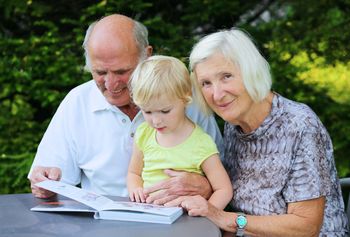
Created and led by grandparents, the Grandparents’ Group is free and open to all caregivers of children with autism.
This program is sponsored by the Centre for Autism Services Alberta.
Location: Centre for Autism Services Alberta, 4752 – 99 Street NW, Edmonton
Please RSVP by February 9, 2017 for this session.
To RSVP or for more Information contact:
Don – doncarley@shaw.ca or Glenn – pgsawula@shaw.ca
We Want to Hear From You!
Pay Less Tax
Do you know that if you have a child with a physical or mental disability, you may be able to pay less tax? You can apply any time of the year. To find out more click here. Or click the video below to watch a presentation on how to apply in three easy steps.
What in the World is Going On in Autism?
This is the January 2017 installment of Maureen’s monthly column for Autism Calgary
 With more people traveling all the time, airports are urged to provide better support for people with hidden disabilities. I recently flew to Montreal with my son for the first time in November. You can read about our experience, find out about flight programs in Canada, as well as discover tips and tools to make flying easier in my recent article.
With more people traveling all the time, airports are urged to provide better support for people with hidden disabilities. I recently flew to Montreal with my son for the first time in November. You can read about our experience, find out about flight programs in Canada, as well as discover tips and tools to make flying easier in my recent article. Making eye contact has been a long debate in the autism community. Should we insist on it? Why do children find it difficult to make eye contact? A new study, published in November in the American Journal of Psychiatry, has added more context to this hotly debated topic.
Making eye contact has been a long debate in the autism community. Should we insist on it? Why do children find it difficult to make eye contact? A new study, published in November in the American Journal of Psychiatry, has added more context to this hotly debated topic.
 Toronto artist Niam Jain, 13, is making a huge splash with his artwork. Diagnosed with ASD at the age of 2, Jain recently burst onto the art scene and began selling his paintings. He has sold 50 paintings and made $50,000. He is now branching into fashion. You can read more about this extraordinary teenager here.
Toronto artist Niam Jain, 13, is making a huge splash with his artwork. Diagnosed with ASD at the age of 2, Jain recently burst onto the art scene and began selling his paintings. He has sold 50 paintings and made $50,000. He is now branching into fashion. You can read more about this extraordinary teenager here.Latest News from the Peace Autism Society
Nicole Collison
We look forward to increasing our numbers even further, planning for social events and further parental training during the remainder of 2017. As our membership grows, we will continue to expand the variety of supports that we can provide to our families in Northern Alberta.
Push
 I was diagnosed with Asperger’s Syndrome (or HFA) at approximately two years old. Later in my life, I received a diagnosis of Oppositional Defiant Disorder, or ODD. I was extremely delayed in speech, couldn’t make eye contact, couldn’t hug without a tantrum, etc., and if you’re reading this you probably already know what this looks like. Social situations were difficult – I remember the cruel irony of discovering how much I detested social interaction, but also how much I craved it. I wasn’t aware, however, of any differences between my peers and myself until I was a teenager. Everyone seemed to be off enjoying themselves; meanwhile, I was still being instructed by my parents on how to do what should have been basic things like cleaning up after myself, using my manners, and all the other horrible things parents make their children do. Looking back, I was angry at my parents, sure, but when you have ODD it comes with the territory.
I was diagnosed with Asperger’s Syndrome (or HFA) at approximately two years old. Later in my life, I received a diagnosis of Oppositional Defiant Disorder, or ODD. I was extremely delayed in speech, couldn’t make eye contact, couldn’t hug without a tantrum, etc., and if you’re reading this you probably already know what this looks like. Social situations were difficult – I remember the cruel irony of discovering how much I detested social interaction, but also how much I craved it. I wasn’t aware, however, of any differences between my peers and myself until I was a teenager. Everyone seemed to be off enjoying themselves; meanwhile, I was still being instructed by my parents on how to do what should have been basic things like cleaning up after myself, using my manners, and all the other horrible things parents make their children do. Looking back, I was angry at my parents, sure, but when you have ODD it comes with the territory.All through my adolescence I only ever wanted to be treated like everyone else, to experience the world like everyone else – and now I finally can, and I have my parents to thank for that. All the time I spent hating them should have been spent thanking them. They didn’t yell, they didn’t hit, and they certainly didn’t give in to me, or my demands, or my idiosyncrasies. I am so thankful every day for my parents. Without their push I wouldn’t have friends today, or a beautiful wife (or daughter, for that matter). You can push your children and still love them dearly, as my parents did. I said that I hated them, and for a long time I did; however, my quality of life would never be as amazing as it is now without them. So thank you so much mom and dad – I will be forever grateful for the push.
PEERS – Social Skills for Teens in Edmonton

Making and keeping friends can be hard for everyone, but it can be a special challenge for teens with autism. In this 14-week program involving both teens and their parents, teens will learn how to enter and exit conversations, choose appropriate friends, handle teasing and bullying, and use electronic communications safely. Parents will learn how to coach and support their teen. Research has demonstrated positive outcomes for PEERS’ participants.
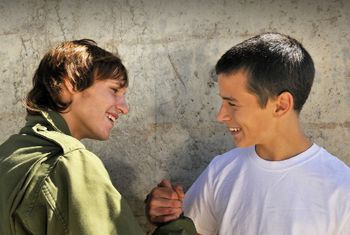
Prerequisites: Academic skills at Grade 6 or higher; verbal abilities to handle fast-paced instruction; and motivation to attend. An initial screening assessment will be conducted to ensure appropriateness of program application.
Dates: Session 1 – Wednesdays, September 14 to December 14, 2016
Session 2 – Wednesdays, February 1 to May 10, 2017
Time: 6:30 – 8:00 p.m.
Location: Centre for Autism Services Alberta, 4752-99 Street, Edmonton
For more information or to register, please contact Jackie Ryan:
780-488-6600 ext 144
jryan@centreforautism.ab.ca
www.centreforautism.ab.ca
“This is such an excellent experience for a teenager with Asperger’s. My son has grown socially.”
-Parent of teen
A Home of One’s Own: One Woman’s Journey to Independent Living with Autism
Maureen Bennie
When you are a parent of a child with an autism spectrum disorder, you worry about the child’s future as an adult. Will they be able to live on their own? What happens if a parent is no longer able to care for their adult child? What services and supports need to be in place to make the transition from the parental home to independent living? Can independent living be an option?
 Natasha Muirhead, an adult with Asperger Syndrome living in the UK, has lived on her own for the past 13 years. From a young age, it was her wish to live independently, yet she was unsure how to make this a reality. Natasha’s mother belonged to a parent support group that campaigned for their local autism organization, Autism West Midlands, to hire a community support practitioner (CSP) to work with adults who had Asperger Syndrome. Through their continued efforts, the parents created the Asperger Syndrome Support and Enablement Team (ASSET) with the CSP as part of this team. The CSP listened to Natasha’s concerns about moving out and helped her formulate a plan for support. They went together to see their local Member of Parliament to lobby for services and explain Natasha’s situation at that time – unemployed and living at home.
Natasha Muirhead, an adult with Asperger Syndrome living in the UK, has lived on her own for the past 13 years. From a young age, it was her wish to live independently, yet she was unsure how to make this a reality. Natasha’s mother belonged to a parent support group that campaigned for their local autism organization, Autism West Midlands, to hire a community support practitioner (CSP) to work with adults who had Asperger Syndrome. Through their continued efforts, the parents created the Asperger Syndrome Support and Enablement Team (ASSET) with the CSP as part of this team. The CSP listened to Natasha’s concerns about moving out and helped her formulate a plan for support. They went together to see their local Member of Parliament to lobby for services and explain Natasha’s situation at that time – unemployed and living at home. Looking for a suitable place was very stressful for the family. Natasha felt both nervous and excited looking for properties. She feared the unknown, and her parents worried about safety issues. A week before the 3 month deadline to find a place, a family friend located an apartment in the newspaper. The family went to look at the apartment, and even though it was untidy, Natasha instantly knew this was the place for her.
Looking for a suitable place was very stressful for the family. Natasha felt both nervous and excited looking for properties. She feared the unknown, and her parents worried about safety issues. A week before the 3 month deadline to find a place, a family friend located an apartment in the newspaper. The family went to look at the apartment, and even though it was untidy, Natasha instantly knew this was the place for her.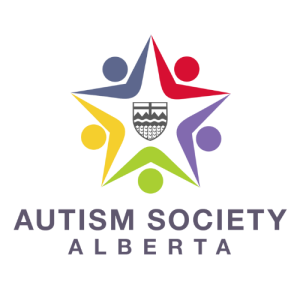
 It’s OK not to be involved in everything that you feel you should be. Because of Conor’s ASD I feel like I need to be involved in every committee and activity, but in reality it’s just too overwhelming, and is simply not possible.
It’s OK not to be involved in everything that you feel you should be. Because of Conor’s ASD I feel like I need to be involved in every committee and activity, but in reality it’s just too overwhelming, and is simply not possible.